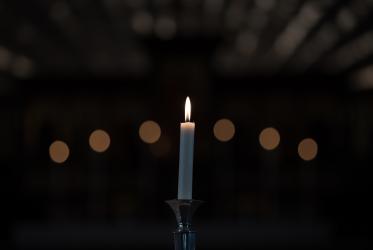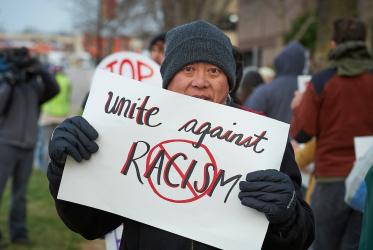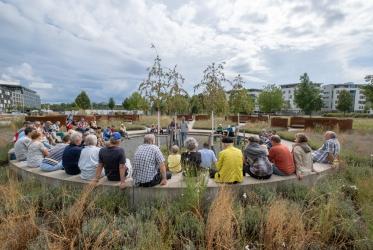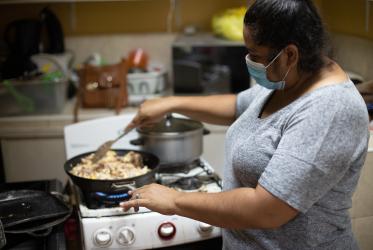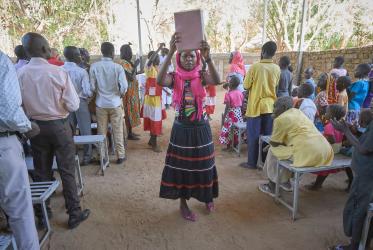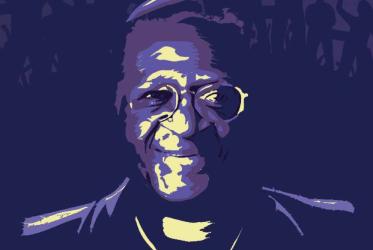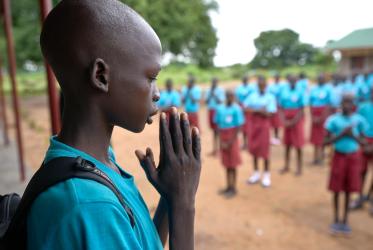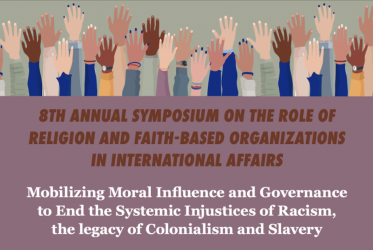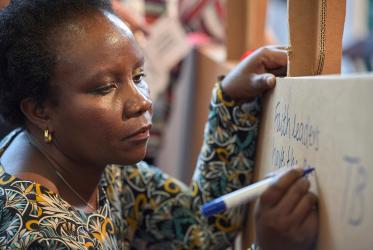Displaying 21 - 40 of 278
Workshop explores how interreligious dialogue brings trust and respect
15 September 2022
Tutu’s legacy: A Zoom panel celebrating “the Arch”
03 February 2022
South Sudan ecumenical leader: Don’t give up on war-torn country
19 January 2022
World mourns loss of Archbishop Desmond Tutu
30 December 2021
